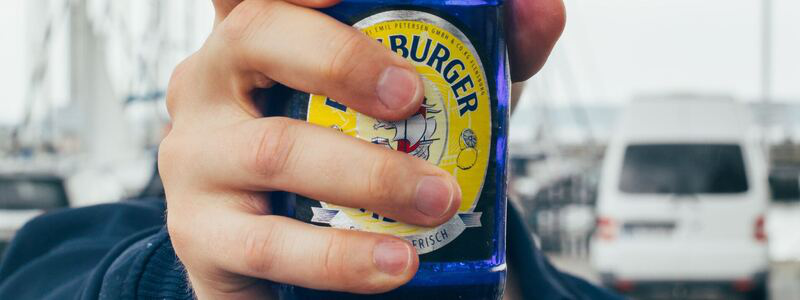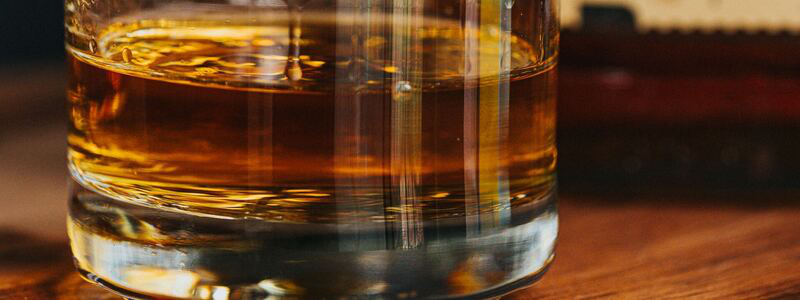Hiding Alcohol Around the House
The battle against alcoholism is an arduous and emotional journey, affecting both individuals grappling with addiction and their concerned loved ones. In this comprehensive guide, we delve into the hidden world of hiding alcohol around the house, shedding light on the deceptive practices employed by individuals struggling with alcohol addiction.
From disguising bottles in inconspicuous locations to employing clever tactics to conceal the smell of alcohol, the act of hiding alcohol containers becomes a common practice. However, this behavior not only deepens the sense of secrecy and distrust within households but also poses significant risks to unsuspecting family members, especially children.
In this article, we explore the challenges faced by families in identifying and addressing the hidden signs of alcoholism, the dangers associated with hiding liquor, and the telltale signs of alcohol breath concealment. Moreover, we provide empowering strategies for overcoming alcohol dependency and supporting loved ones on the path to recovery.
There are several options and approaches to addressing problematic addictions, and it’s essential to understand what best suits your particular lifestyle or situation. Contact us at the Alpine Recovery Center for more information. We are the best Colorado Medicaid alcohol rehab program. Call us at 720-704-2883.

Hiding Alcohol Containers: The Veil of Secrecy
For individuals struggling with alcohol addiction, hiding alcohol containers becomes a common practice to maintain their secret habits. Disguising bottles in inconspicuous locations within the house allows them to continue drinking without arousing suspicion. Empty soda bottles, coffee mugs, or even seemingly innocent household items like water bottles can serve as clever camouflage for concealing alcoholic beverages.
The act of hiding alcohol containers poses significant challenges for family members trying to identify and address their loved one’s addiction. It deepens the sense of secrecy and fosters an environment of distrust within the household. It is crucial for families to recognize the signs of hidden alcohol, such as a sudden abundance of concealed containers or the presence of strong odors emanating from certain areas.
The Struggle of Concealing Drinking Habits
Hiding drinking is a coping mechanism to shield alcohol addiction from others. Whether it involves sneaking drinks during social gatherings or covertly consuming alcohol in isolated spaces, this deceptive behavior intensifies the addiction’s grip while perpetuating feelings of guilt and shame.
Understanding how to hide alcohol involves recognizing the various tactics employed. Alcohol may be stashed in closets, under beds, or within personal belongings. Some individuals resort to creative measures such as pouring alcohol into other containers or using specially designed concealment products. Recognizing these patterns is crucial for families seeking to intervene and support their loved ones.
Hiding Liquor: The Dangers Behind Disguise
Hiding liquor not only perpetuates addiction but also poses serious health risks. Improper storage and concealment can lead to accidental ingestion by unsuspecting family members, especially children. This presents a dangerous scenario, as children are particularly vulnerable to the toxic effects of alcohol.
Moreover, hiding liquor increases the risk of excessive consumption. When alcohol is readily available but hidden, individuals with addiction are more likely to engage in secretive binge drinking, exacerbating the detrimental effects on their physical and mental health.

Getting Rid of Alcohol Smell: the Telltale Signs
The unmistakable smell of alcohol can act as a revealing clue, exposing the hidden drinking habits of individuals battling addiction. Whether it lingers on their breath or emanates from personal belongings, addressing the issue of alcohol breath is of utmost importance. Understanding the tactics employed by those who drink excessively to mask their alcohol breath can help loved ones recognize potential signs of hiding liquor around the house. Here are some noteworthy observations:
Masking through Oral Hygiene
Individuals often practice meticulous oral hygiene, including regular brushing, flossing, and mouthwash, in an attempt to conceal the smell of alcohol on their breath. These efforts serve as camouflage, allowing them to engage in excessive drinking while maintaining a facade of normalcy.
Temporary Solutions
Chewing on mint leaves, relying on breath mints, or employing breath sprays are common strategies employed by people with an addiction to liquor. These temporary measures aim to disguise the telltale scent of alcohol, enabling them to interact with their loved ones without raising suspicions.
Ventilation as a Deception Tactic
Opening windows and utilizing air fresheners to disperse lingering odors serve as additional tools in the arsenal of those hiding their excessive drinking. By creating an illusion of freshness within living spaces, individuals attempt to divert attention away from their alcohol-infused breath.
Family members and friends must remain vigilant and informed about these tactics utilized to hide alcohol breath. By recognizing these signs, loved ones can become more attuned to the potential presence of excessive drinking, enabling them to offer support, understanding, and intervention when necessary.
Understanding the implications of alcohol breath and its concealment strategies sheds light on the secretive nature of addiction. It emphasizes the importance of open communication, empathy, and seeking professional help to address the underlying issues fueling excessive drinking.
Husband Lies About Drinking: Navigating Deception in Relationships
Discovering that a spouse has been lying about their drinking can be devastating for a family. Open communication and seeking professional help are essential steps in addressing this issue. Recognizing the signs of alcohol addiction, such as mood swings, secretive behavior, or financial difficulties, is crucial for family members to intervene effectively.
Did you know? In Colorado, men are more likely to binge drink than women.
Breaking the cycle of deception requires a compassionate yet firm approach. Encouraging your husband to seek help through rehabilitation programs or counseling can provide the necessary support for recovery. Joining support groups for families of individuals with addiction can also offer guidance and understanding during this challenging journey.
Statistics: Shedding Light on the Colorado Landscape
It is concerning to note that Colorado’s average annual rate of excessive alcohol-related deaths per capita has experienced a significant increase of approximately 45% between 2015 and 2019. This alarming statistic serves as a stark reminder of the pressing need to tackle the issue of alcohol addiction head-on.

Empowering Strategies: Supporting Sobriety and Overcoming Alcohol Dependency
To overcome alcohol dependency and regain control over one’s life, it is essential to embrace empowering strategies. Here are some effective approaches that can support sobriety and help individuals overcome alcohol addiction:
- Make a Firm Decision: Start by making a clear and unwavering commitment to sobriety. Understand the detrimental effects of excessive alcohol consumption on physical and mental health, relationships, and overall well-being.
- Seek Professional Guidance: Enlist the support of addiction counselors or therapists who specialize in alcohol addiction. They can provide invaluable assistance in developing personalized strategies, exploring underlying issues contributing to addiction, and guiding individuals on coping mechanisms and relapse prevention.
- Establish a Supportive Network: Surround yourself with a supportive network of family, friends, or support groups. These individuals can offer encouragement, understanding, and accountability. Support groups like Alcoholics Anonymous (AA) provide a safe space to share experiences and receive guidance from others on a similar path.
- Practice Mindful Consumption: Implement mindful drinking habits to regain control over alcohol consumption. Set limits, such as designated alcohol-free days, and track your consumption. Be aware of triggers that lead to excessive drinking and develop strategies to manage them effectively.
- Explore Alternative Coping Mechanisms: Find healthier ways to cope with stress, emotional challenges, and relaxation. Engage in activities such as exercise, meditation, hobbies, or therapy that promote well-being and provide fulfillment beyond alcohol.
Remember, supporting someone battling alcohol addiction requires compassion, empathy, and patience. Recovery is a journey that may involve setbacks, but with determination and the right strategies, it is possible to break free from the grip of alcohol and build a fulfilling life.
By implementing these empowering strategies, individuals can resist the temptation to drink excessively, address underlying issues contributing to addiction, and provide support for their loved ones on their own path to recovery. Seek guidance and professional assistance to navigate this challenging journey towards a healthier, alcohol-free life.
Alpine Recovery Center – Colorado
Alpine Recovery Center is a trusted rehab provider in Colorado that accepts Medicaid as coverage for program admission. Our dedicated team of professionals understands that overcoming binge drinking requires addressing the underlying causes, developing healthier coping mechanisms, and building a solid foundation for long-term recovery. Our comprehensive approach to addiction treatment combines evidence-based therapies, personalized care, and a supportive community environment, all accessible with Medicaid.
Remember, you are not alone in this journey—help is just a phone call away.
Call Alpine Recovery Center at 720-704-2883.










